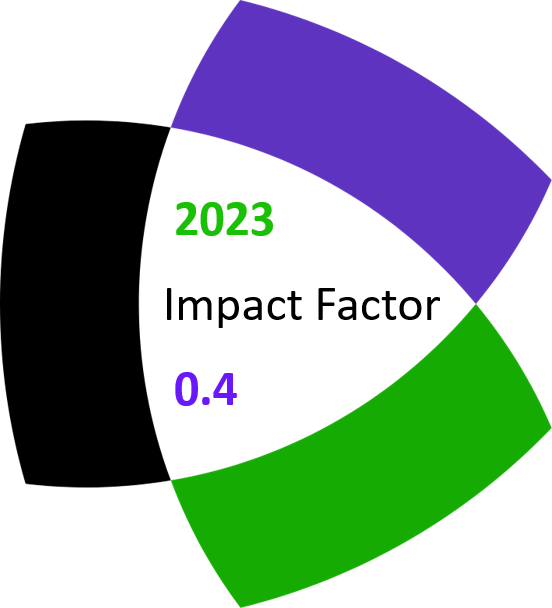Kantaphon Kuhapatanakul, Pornpawee Anantakitpaisal, Chanokchon Onsri and Suriya Na nhongkai
Notes on Number Theory and Discrete Mathematics
Print ISSN 1310–5132, Online ISSN 2367–8275
Volume 22, 2016, Number 4, Pages 78–81
Full paper (PDF, 127 Kb)
Details
Authors and affiliations
Kantaphon Kuhapatanakul ![]()
Department of Mathematics, Faculty of Science, Kasetsart University
Bangkok, Thailand
Pornpawee Anantakitpaisal ![]()
Department of Mathematics, Faculty of Science, Kasetsart University
Bangkok, Thailand
Chanokchon Onsri ![]()
Department of Mathematics, Faculty of Science, Kasetsart University
Bangkok, Thailand
Suriya Na nhongkai ![]()
Department of Mathematics, Faculty of Science, Kasetsart University
Bangkok, Thailand
Abstract
In this short note, we discuss the integer part for the inverse of 1 − Πk=n∞(1 − 1/Tk), where Tn are the Tribonacci numbers. We also consider a similar formula for the Tribonacci numbers with indices in arithmetic progression and give an open problem of the Diophantine equation about the Tribonacci numbers.
Keywords
- Tribonacci number
- Infinite product
- Diophantine equation
AMS Classification
- 11B39
- 11D99
References
- Anantakitpaisal, P., & Kuhapatanakul, K. (2016) Reciprocal sums of the Tribonacci numbers, J. Integer Seq., 19(2016), Article 16.2.1.
- Ohtsuka, H. (2015) Solution H-734 “Integer Parts of Reciprocals of Tails of Infinite Products with Fibonacci Numbers”, The Fibonacci Quarterly, 53(1), 89.
- N. J. A. Sloane, The On-line Encyclopedia of Integer Sequences, published electronically at http://oeis.org
Related papers
Cite this paper
Kuhapatanakul, K., Anantakitpaisal, P., Onsri, C. & Na nhongkai, S. (2016). Infinite product involves the Tribonacci numbers. Notes on Number Theory and Discrete Mathematics, 22(4), 78-81.


